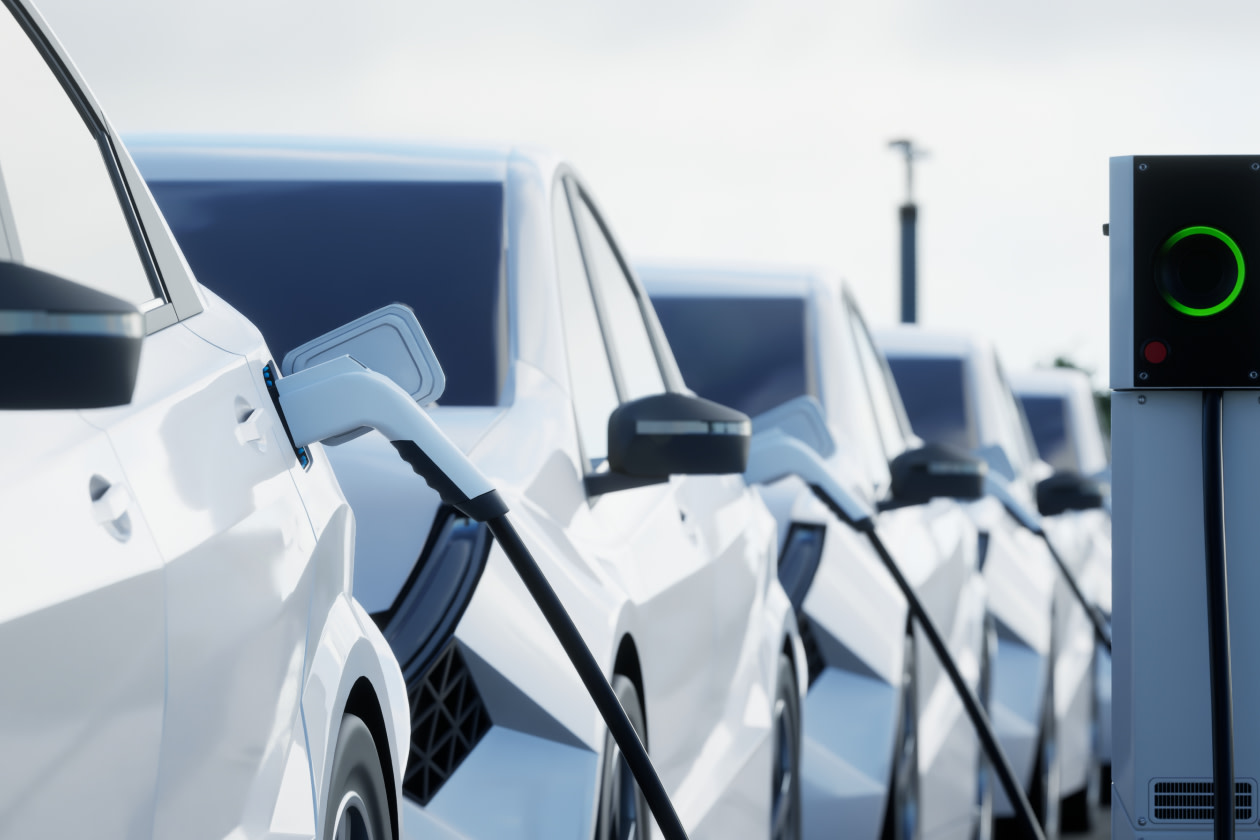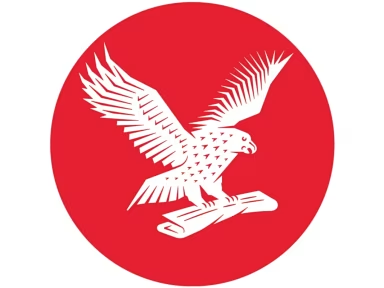Tesla has seen its sales in Europe plummet once more despite an overall rise in the sale of electric vehicles.
Elon Musk’s firm has now suffered falling sales across the EU and UK region for five straight months, with a 27.9 per cent drop year-on-year to May. Electric car sales rose 27.2 per cent during the same period.
Factors including rising competition, a lack of new models and potentially the ongoing anti-Musk protests all play a part in the fall-off for Tesla.
It means Tesla’s market share across Europe is now just 1.2 per cent, following 193,000-plus EV registrations completed across the 12 months.
Analysts have highlighted an ageing model range as one key issue for the firm falling behind its rivals, with manufacturers in Europe and China all bringing out new EV models in a bid to win over consumers in the expanding market. Tesla released a revamped Model Y in March to try to compete with those.
BYD overtook Tesla in European sales in April, and made almost as many sales in May.
Shares in Tesla have been on an erratic path in the past year, surging after Donald Trump won the US election last year to new all-time highs, before crashing by around half following Mr Musk’s involvement in the US government’s cost-cutting department, Doge, and the subsequent announcement of trade tariffs.
Despite climbing more than $100 per share since then, back to their present level of around $340, Tesla remains down more than 15 per cent for the year. Mr Musk’s own net worth declined by more than $50bn (£37bn) in 2025, according to Bloomberg’s Billionaire Index.
Another notable moment came when Mr Musk and President Trump shared an angry exchange across social media in early June, resulting in around $99bn (£73bn) of Tesla’s market cap being eroded in a single day as the share price plummeted once more.
Mr Musk suggested, without evidence, that the US president would be named in the Epstein files, while Mr Trump in turn, suggested the government could pull all contracts from Mr Musk’s companies. The latter later took to social media again to say he regretted some of his words.
Other announcements have seen Tesla’s volatile share price rise just as fast again, including when Mr Musk confirmed he would depart Doge and return to a more hands-on role with his commercial businesses.
Only this week, the soft launch of the company’s robotaxis in Texas saw another sharp rise of around 5 per cent.
However, the company was contacted by a US safety body after footage appeared to show the driverless vehicles operating erratically or breaking traffic rules, it has been reported.
Despite that, an anti-Musk agenda has been visible in different countries, with protests held at Tesla outlets and some people taking to social media to show themselves selling their vehicles.
Earlier this month, AJ Bell investment director Russ Mould suggested “Musk’s outspokenness is becoming a liability for Tesla shareholders”.
A final Musk-related factor which has concerned some Tesla shareholders in the past is that the car manufacturer is far from his only business interest.
The CEO also owns SpaceX, which includes space-based internet firm Starlink, as well as The Boring Company and social media platform X, formerly Twitter, which is now owned by Mr Musk’s artificial intelligence company, xAI.
This article was written by Karl Matchett from The Independent and was legally licensed through the DiveMarketplace by Industry Dive. Please direct all licensing questions to legal@industrydive.com.

